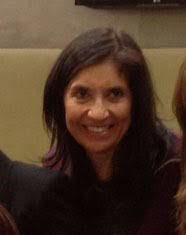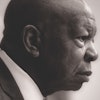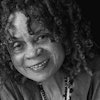NEW YORK
Students, scholars, and administrators from across the City University of New York (CUNY) gathered last week at the Borough of Manhattan Community College (BMCC) for an ethnic studies conference that both reflected on the discipline’s history and showed off new and on-going work. Titled “The Legacy and Future of Ethnic Studies at CUNY,” the spread of panels, presentations, and performances marked 50 years of ethnic studies at BMCC, culminating in the creation of the department of ethnic and race studies in April 2021.
 Dr. Patricia Mathews-Salazar, chairperson of the department of ethnic and race studies, Borough of Manhattan Community College
Dr. Patricia Mathews-Salazar, chairperson of the department of ethnic and race studies, Borough of Manhattan Community College
As the presentations made clear, ethnic studies has had to fight for legitimacy, at CUNY and elsewhere. As part of a panel entitled “Ethnic Studies Formation & Student Activism,” James Blake, a professor in the BMCC Counseling Center, discussed how, in 1970, BMCC students occupied the college president’s office in an effort to force the school to create a Black studies program and asked him to join them. Blake, who began his presentation by leading the audience in a student power chant, agreed to join them in spite of having a wife, children, and no tenure. He was jailed with the students, but the program was eventually established.
Another presenter on the same panel, Dr. Eleanor Drabo, was one the students agitating for Black studies. Now an adjunct lecturer in ethnic and race studies at BMCC, she described having to fight to get on elevators in CUNY buildings because people thought that she didn’t belong there. She described the journey towards an ethnic studies department as a constant push that required perseverance and connected those battles to today’s clashes over critical race theory.
“It’s just another level to what we’ve been fighting for all along,” she said.




















